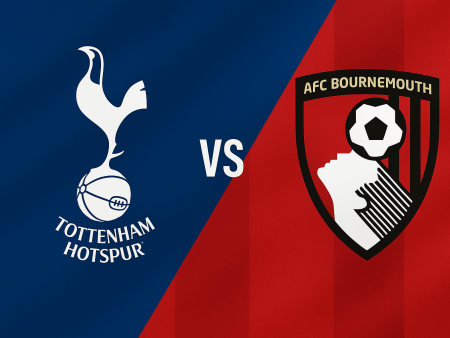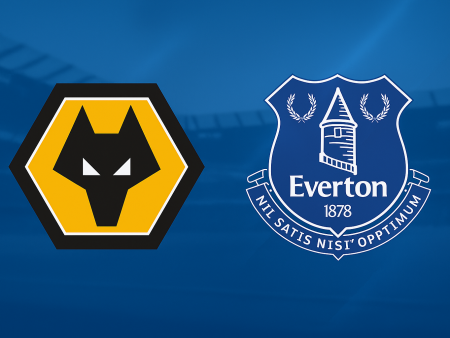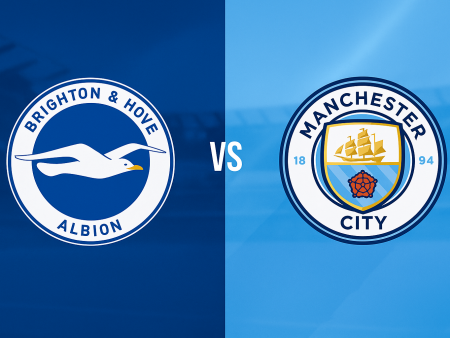The Day European Football Fans Changed the Game
On April 20, 2021, a turning point in the history of European football unfolded—a testament to the unwavering power of the sport’s devoted fanbase. The proposed European Super League, which many saw as a direct threat to football’s traditions, fell apart in just 48 hours thanks largely to the vocal opposition and actions of football fans across the continent. As Sir Matt Busby famously declared, “Football is nothing without the fans.” This statement rang truer than ever as supporters united to challenge the ambitions of some of the world’s biggest clubs.
The Outrage That Shook the Football World
Twelve elite clubs from England, Spain, and Italy announced the formation of the European Super League, presenting it as a move to provide “higher quality matches” and inject much-needed financial resources into the sport. Florentino Pérez of Real Madrid was named the league’s chairman, with Andrea Agnelli of Juventus and Joel Glazer of Manchester United serving as vice-chairmen. Other founding members included Arsenal, Chelsea, Liverpool, Manchester City, Tottenham Hotspur, Barcelona, Atlético Madrid, AC Milan, and Inter Milan.
The stated reason was to help clubs recover from pandemic-driven financial losses, yet the closed nature of the competition would only reinforce the dominance and financial power of a select few. This backlash grew quickly, with passionate fans from the involved Premier League clubs organizing protests. Liverpool supporters removed club banners from inside Anfield and unfurled protest banners outside, while Chelsea fans gathered en masse at Stamford Bridge, even prompting club legend Petr Čech to intervene and plead for passage of the team bus.
What united these protests was one resounding message: a rejection of a breakaway league that prioritized financial gain over sporting merit and tradition.
Reactions From Clubs and Football’s Governing Bodies
The European Super League announcement was met with immediate condemnation. UEFA President Aleksander Čeferin described the actions of key instigators as deeply disappointing, singling out Andrea Agnelli for “unbelievable” dishonesty and Ed Woodward for duplicity, having voiced support for UEFA reforms days before joining the new league.
Not all elite clubs were willing to join. Heavyweights like Bayern Munich, Borussia Dortmund, FC Porto, and Paris Saint-Germain openly rejected invitations despite mounting pressure from organizers. Their stance brought even more scrutiny and disapproval upon the breakaway clubs.
Voices of Opposition: Media and Football Personalities Speak Out
Public outrage wasn’t limited to fans and officials—prominent football personalities also took a strong stand. Gary Neville, Manchester United legend and current co-owner of League Two’s Salford City, used his platform as a Sky Sports pundit to fiercely criticize the owners of the six English founding clubs. He denounced the Super League plans as driven by “pure greed” and called for independent regulation to ensure the integrity and future of the sport. Neville’s outspokenness galvanized even more fans to take action.
The Rapid Collapse: Clubs Withdraw Amid Backlash
Chelsea and Manchester City became the first to announce their exit from the proposed Super League in response to mounting opposition. The remaining English clubs quickly followed, each withdrawing their support. These events set off a series of high-profile resignations and apologies. Ed Woodward, Manchester United’s chief executive, announced he would step down at the end of 2021, and similar pressure mounted against other club leaders implicated in the failed project.
Club owners scrambled to express regret. Liverpool’s John W. Henry posted a heartfelt video apology to supporters, Joel Glazer pledged to rebuild broken relationships, and Arsenal explicitly acknowledged their mistake to fans.
Calls for Reform and a New Model of Ownership
The swift demise of the Super League reignited discussions about club ownership and governance. Many called for the adoption of Germany’s “50+1 rule,” which mandates that club members (usually supporters) retain the majority of voting rights, thus limiting the influence of external investors. Advocates argue that such regulations safeguard the principles that make football unique, preventing future power grabs and preserving the sport’s connection with local communities.
Key aspects of the German 50+1 rule include:
– Ensuring fans collectively own at least 51% of their club’s shares.
– Requiring club members to have a decisive say in critical decisions.
– Preventing commercial or individual entities from holding majority control.
This rule helps prevent situations similar to the heavily criticized ownership structures at some English clubs.
The Enduring Legacy: Fans as Football’s True Stakeholders
The dramatic events surrounding the European Super League illustrated the powerful bond between clubs and their fans. Supporters reminded club owners, football authorities, and the world that the game’s traditions and open competition are fundamental to its global appeal.
Many of the greatest names in the sport—Sir Matt Busby, Bill Shankly, Johan Cruyff, and Sir Alex Ferguson among them—built their legacies on football’s inclusive and meritocratic spirit. Thanks to passionate fans, the attempt to undermine these principles was thwarted, preserving the cherished unpredictability and spirit that make European football so captivating.
Conclusion
The collapse of the European Super League stands as a historic reminder: football belongs to its fans. Their swift, unified opposition not only protected the integrity of the game but also set a precedent for supporter involvement and governance within football’s future. The struggle may well lead to more lasting reforms that ensure clubs remain connected to the communities and traditions that sustain them.
For further reading:
– Counter Attacking and the Evolution Beyond Tiki-Taka
– Football Masterminds: The European Super League, Social Issues, and the Euro 2020 Tournament








